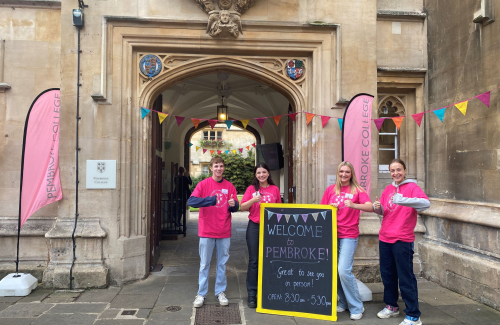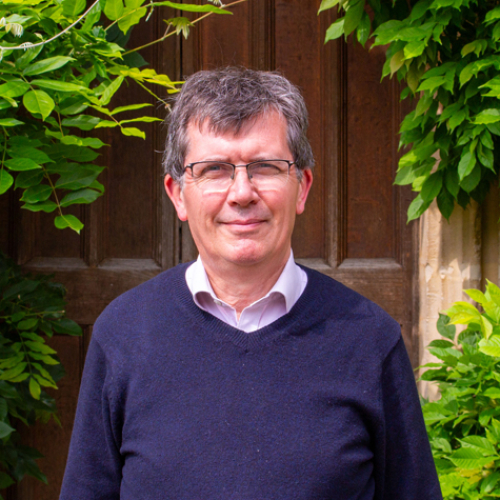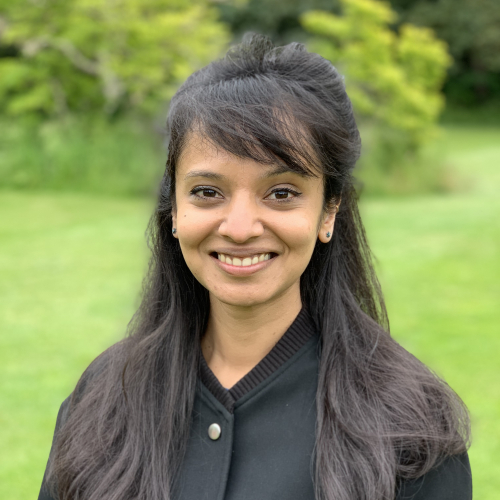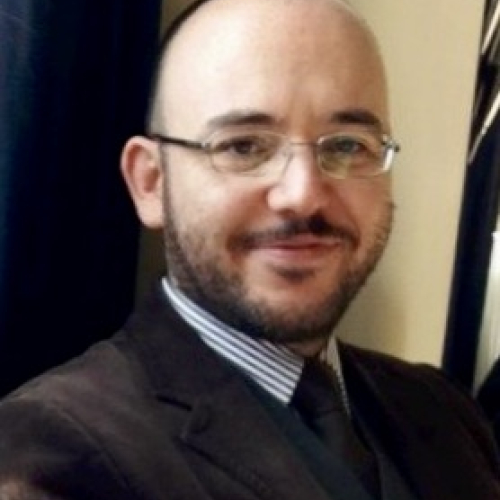English and Modern Languages
Why Choose Pembroke?
Our Tutorial Fellows in English are Professor Lynda Mugglestone, whose expertise centres on the social and cultural history of English (and its representation), and Dr Ushashi Dasgupta, whose research interests include nineteenth-century fiction and the relationship between literature and place. Our key tutors in Modern Languages are Dr Tim Farrant, Tutorial Fellow in French with research interests in 19th century French literature and culture, and Professor Guido Bonsaver, Tutorial Fellow in Italian who specialises in modern Italian culture and, in particular, on the relationship between politics, film and literature.
At Pembroke, we have a strong focus on joint degrees, with tutors from multiple disciplines working closely together to ensure that you get the most out of your university experience. We are one of the largest colleges for languages, and are proud to offer an unusually wide range of languages and expertise.
- Students studying this course need to have a keen interest in and motivation for discovering other languages, literatures and cultures, and a solid grounding in the grammar, vocabulary and expression of languages already studied. Beginners’ language applications are welcome in German, Italian, Modern Greek and Portuguese.
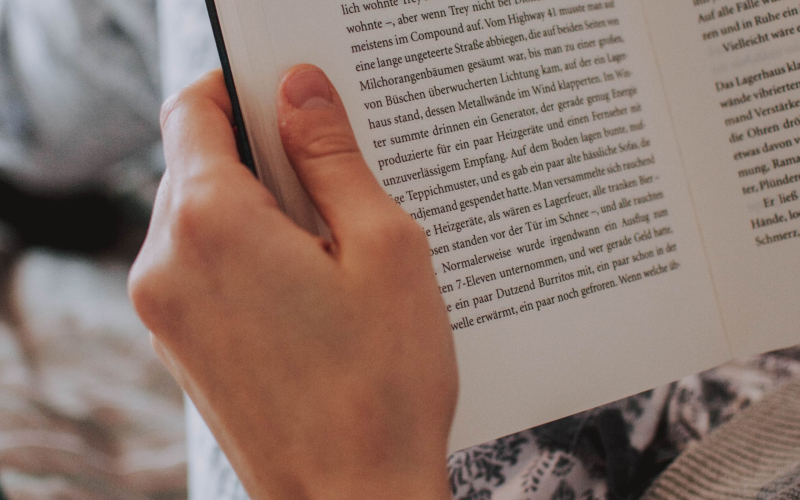
Looking for single honours courses?
You can find our English course here and Modern Languages course here.
Have you considered our other joint courses?
Both English and Modern Languages can be taken in a variety of course combinations, including History and English, Modern Languages and Linguistics, European and Middle Eastern Languages, Philosophy and Modern Languages and History and Modern Languages.
Meet Our Academics
Pembroke EML students are eligible for £100 of funding in their first year and another £100 in their final year towards the cost of books for their course for personal use.
English and Modern Languages
Why Choose Pembroke?
Our Tutorial Fellows in English are Professor Lynda Mugglestone, whose expertise centres on the social and cultural history of English (and its representation), and Dr Ushashi Dasgupta, whose research interests include nineteenth-century fiction and the relationship between literature and place. Our key tutors in Modern Languages are Dr Tim Farrant, Tutorial Fellow in French with research interests in 19th century French literature and culture, and Professor Guido Bonsaver, Tutorial Fellow in Italian who specialises in modern Italian culture and, in particular, on the relationship between politics, film and literature.
At Pembroke, we have a strong focus on joint degrees, with tutors from multiple disciplines working closely together to ensure that you get the most out of your university experience. We are one of the largest colleges for languages, and are proud to offer an unusually wide range of languages and expertise.
- Students studying this course need to have a keen interest in and motivation for discovering other languages, literatures and cultures, and a solid grounding in the grammar, vocabulary and expression of languages already studied. Beginners’ language applications are welcome in German, Italian, Modern Greek and Portuguese.

Looking for single honours courses?
You can find our English course here and Modern Languages course here.
Have you considered our other joint courses?
Both English and Modern Languages can be taken in a variety of course combinations, including History and English, Modern Languages and Linguistics, European and Middle Eastern Languages, Philosophy and Modern Languages and History and Modern Languages.
Meet Our Academics
Pembroke EML students are eligible for £100 of funding in their first year and another £100 in their final year towards the cost of books for their course for personal use.
